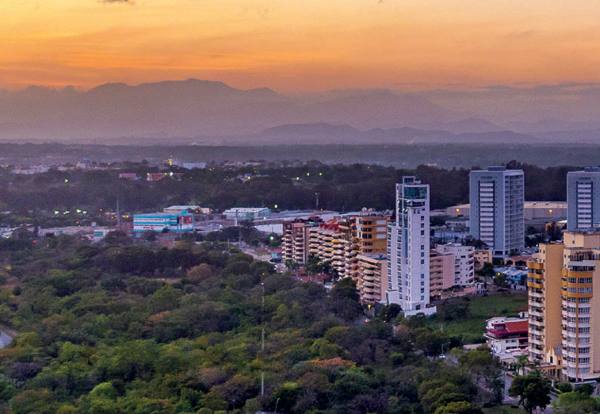Navigating Real Estate in the Dominican Republic: An Essential Overview
By Guzmán Ariza, Attorneys at Law

The Dominican Republic, a rapidly expanding economy and a premier tourist destination in the Caribbean, offers significant opportunities for real estate investment. However, acquiring property in this nation involves a structured legal process, governed by Law 108-05 on Real Estate Registration. For those considering such an investment, understanding these regulations is paramount.
The process typically begins with a promise of sale, a critical, notarized document that details the negotiation, payment terms, and the seller's obligations. Due to the specific nuances of Dominican real estate law, engaging a specialized legal firm at this initial stage is highly recommended. This allows for comprehensive due diligence, which involves a thorough review of the property's title, topographical surveys, and compliance with local regulations, including specific coastal zone restrictions and building permits. Essential checks also cover the seller's tax compliance, utility payments, and confirmation of unencumbered possession of the property.
Upon the successful completion of due diligence and full payment, a final sales contract is executed, serving to formally transfer ownership. This document is then processed through the Dirección General de Impuestos Internos (DGII) for appraisal and tax verification, followed by registration at the relevant Title Registry Office, leading to the issuance of a new certificate of title in the buyer's name.
Financial considerations include transfer taxes, which are 3% of the DGII's assessed property value, and legal fees typically ranging from 1% to 1.5% of the gross purchase price. An annual real estate tax of 1% applies to individual property owners, calculated on values exceeding approximately USD 170,000, with specific exemptions for certain individuals and property types.
The Dominican Republic places no restrictions on foreigners purchasing or inheriting real estate , though inheritance is generally governed by Dominican law, with a 3% inheritance tax on the appraised estate value. Mortgages, too, are formally registered through notarized acts and tax payments.
While this overview highlights the key stages and considerations, the intricacies of Dominican real estate law necessitate detailed guidance. For a complete understanding and to ensure a secure transaction, it is advisable to consult a qualified legal professional specializing in Dominican real estate.
You can download here the full real estate guide of Guzmán Ariza, Attorneys at Law
